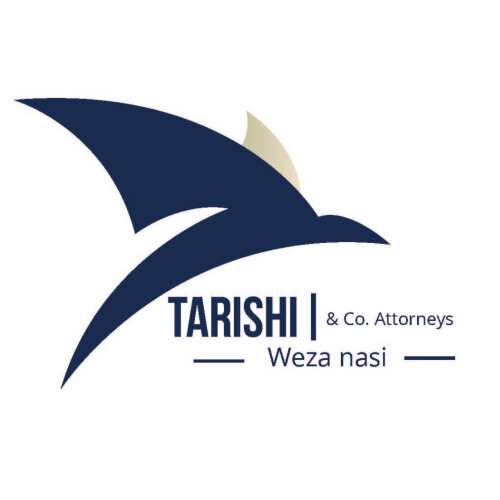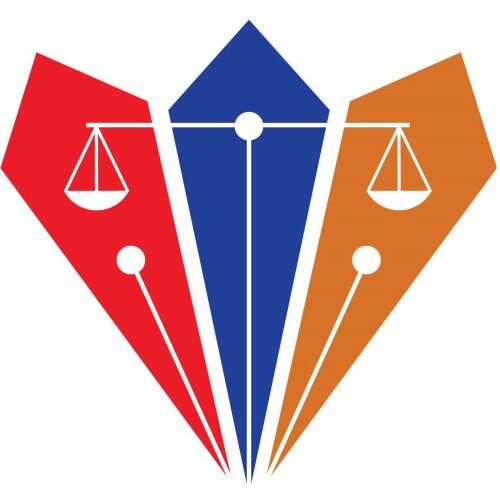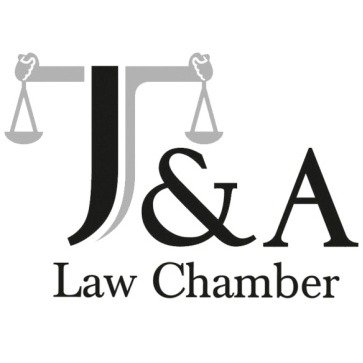Best Corporate & Commercial Lawyers in Dar es Salaam
Share your needs with us, get contacted by law firms.
Free. Takes 2 min.
List of the best lawyers in Dar es Salaam, Tanzania
About Corporate & Commercial Law in Dar es Salaam, Tanzania
Dar es Salaam serves as Tanzania's commercial capital and is home to a vibrant business environment. Corporate & Commercial law in this city refers to the legal frameworks that govern the formation, operation, management, and dissolution of companies as well as the rules covering business transactions, contracts, and commercial relationships. This field of law includes issues such as company registration, mergers and acquisitions, contract drafting, regulatory compliance, investment, and dispute resolution. Businesses in Dar es Salaam are subject to national law, but many regulations and commercial trends are shaped by the city’s unique economic position as the main business hub in Tanzania.
Why You May Need a Lawyer
Navigating Corporate & Commercial matters in Dar es Salaam can be complex due to evolving regulations and strict compliance requirements. You may need a lawyer for reasons such as:
- Setting up a new business entity
- Drafting or reviewing commercial contracts
- Advising on mergers, acquisitions, or partnerships
- Handling employment and labor issues in a business context
- Ensuring compliance with local and national regulations
- Resolving disputes with business partners, clients, or employees
- Dealing with intellectual property, such as trademarks or patents
- Guiding foreign investors through Tanzanian laws and procedures
A specialized lawyer can help protect your interests, minimize risks, and ensure that your business operations are compliant with legal requirements in Dar es Salaam.
Local Laws Overview
The corporate and commercial legal environment in Dar es Salaam is shaped by several key laws and regulatory frameworks. Notable among these are:
- The Companies Act (Cap. 212, 2002) - Sets out rules for company formation, management, and dissolution.
- The Business Names (Registration) Act - Regulates the naming and registration of business entities.
- The Fair Competition Act - Provides guidelines for fair trade and anti-competitive practices.
- The Income Tax Act - Governs taxation of businesses and individuals.
- The Investment Act - Outlines incentives and requirements for local and foreign investors.
- Labour Laws - Address employment contracts, rights of workers, and employer obligations.
- Contract Law - Manages the creation and enforcement of commercial agreements.
Additionally, companies must adhere to sector-specific regulations, as well as licensing and permitting requirements from bodies such as the Tanzania Revenue Authority (TRA) and the Tanzania Investment Centre (TIC). Non-compliance with these laws can result in penalties, loss of licenses, or legal disputes.
Frequently Asked Questions
What are the main types of business entities in Dar es Salaam?
The main business structures include private limited companies, public companies, partnerships, sole proprietorships, and branches of foreign companies.
How do I register a company in Dar es Salaam?
You must file an application with the Business Registrations and Licensing Agency (BRELA), provide details about the company, its directors, and shareholders, and ensure all documentation is complete and accurate.
What taxes must companies in Dar es Salaam pay?
Businesses are subject to corporate income tax, Value Added Tax (VAT), and may also need to pay skills and development levies, withholding tax, and other sector-specific taxes.
Can a foreigner own a business in Dar es Salaam?
Yes, foreigners are permitted to own and operate businesses in Tanzania. However, there may be specific sectoral restrictions and additional steps, such as obtaining an investment certificate from the Tanzania Investment Centre.
What are the requirements for employment contracts?
Employment contracts must comply with Tanzanian labor laws, specifying terms of employment, wages, working hours, and must be fair and free from discrimination.
How are business disputes resolved?
Disputes may be settled through negotiation, mediation, arbitration, or litigation in Tanzanian courts, depending on the terms of the contract and nature of the dispute.
Is it necessary to have a local partner when starting a business?
While not always mandatory, certain sectors such as mining or telecommunications require local shareholding or partnerships. Foreign investors should verify sector-specific requirements.
What are the annual compliance requirements for companies?
Companies must file annual returns, update company records with BRELA, and comply with tax and employment laws. Non-compliance can result in penalties or de-registration.
How do I protect my intellectual property in Tanzania?
Intellectual property such as trademarks, patents, and copyrights must be registered with the relevant authorities, such as BRELA for trademarks and patents.
What licenses and permits are needed for a business?
The required licenses and permits depend on the business activity and sector. Common examples include trade licenses, sectoral authority licenses, tax registration, and work permits for foreign employees.
Additional Resources
If you need more information or assistance, consider reaching out to the following resources:
- Business Registrations and Licensing Agency (BRELA)
- Tanzania Revenue Authority (TRA)
- Tanzania Investment Centre (TIC)
- Fair Competition Commission (FCC)
- Law Society of Tanzania or local law firms specializing in Corporate & Commercial law
- Ministry of Industry and Trade
- Local business chambers, such as the Tanzania Private Sector Foundation (TPSF)
These organizations offer information, guidance, or direct services needed for starting, operating, or dissolving a business in Dar es Salaam.
Next Steps
If you require legal assistance related to Corporate & Commercial matters in Dar es Salaam, it is recommended to:
- Clearly define your legal issue or objective.
- Gather all relevant documentation, such as registration papers, contracts, or correspondence.
- Contact a qualified law firm or lawyer known for Corporate & Commercial expertise in Dar es Salaam.
- Request an initial consultation to discuss your needs and potential legal strategies.
- Follow your lawyer’s recommendations in preparing documents and responding to regulatory requirements.
Taking these steps ensures your business interests are properly protected and compliant with local laws. Early legal advice can prevent costly mistakes and support your long-term success in Dar es Salaam’s commercial environment.
Lawzana helps you find the best lawyers and law firms in Dar es Salaam through a curated and pre-screened list of qualified legal professionals. Our platform offers rankings and detailed profiles of attorneys and law firms, allowing you to compare based on practice areas, including Corporate & Commercial, experience, and client feedback.
Each profile includes a description of the firm's areas of practice, client reviews, team members and partners, year of establishment, spoken languages, office locations, contact information, social media presence, and any published articles or resources. Most firms on our platform speak English and are experienced in both local and international legal matters.
Get a quote from top-rated law firms in Dar es Salaam, Tanzania — quickly, securely, and without unnecessary hassle.
Disclaimer:
The information provided on this page is for general informational purposes only and does not constitute legal advice. While we strive to ensure the accuracy and relevance of the content, legal information may change over time, and interpretations of the law can vary. You should always consult with a qualified legal professional for advice specific to your situation.
We disclaim all liability for actions taken or not taken based on the content of this page. If you believe any information is incorrect or outdated, please contact us, and we will review and update it where appropriate.
Browse corporate & commercial law firms by service in Dar es Salaam, Tanzania
Dar es Salaam, Tanzania Attorneys in related practice areas.

















